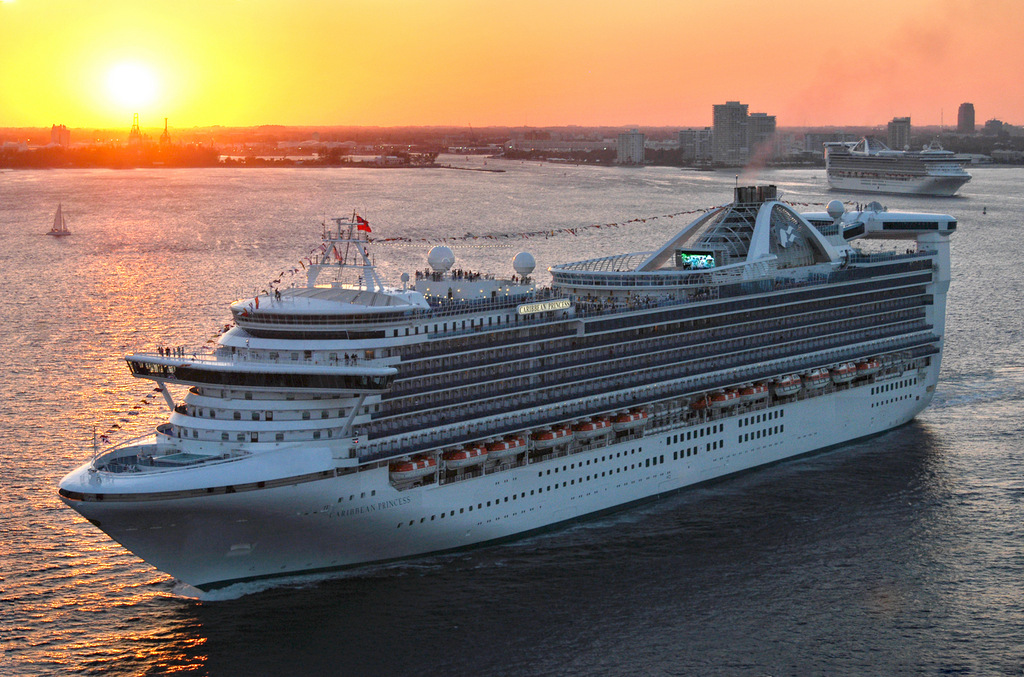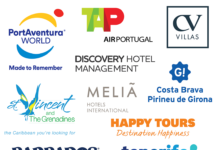
Carry On Cruising was the title of a 1962 comedy movie that once graced our screens, but this is 2020 and there is no comedy in the current world cruising scenario. Cruising has been enjoying significant growth, in numbers and revenue, from travel agents on the island of Ireland. However, with the advent of Covid-19 this has come to a grinding halt. The industry has gone from sales of $46 billion, with 26 million passengers per annum, to an almost total standstill overnight.
Putting these figures into an Irish context, industry sources had calculated, on an all-Ireland basis, that more than 60,000 persons had taken a cruise in the past year. These sales in turn had generated significant commission income for the trade. However, there is no replacement source in sight.
The US Centers for Disease Control and Prevention (CDC) has announced the extension of a No Sail Order for all cruise ships. This will last for 100 days or whenever the public health emergency is removed.
“We are working with the cruise line industry to address the health and safety of crew at sea, as well as communities surrounding US cruise ship points of entry,” said CDC Director Robert Redfield. “The measures we are taking today to stop the spread of Covid-19 are necessary to protect Americans, and we will continue to provide critical public health guidance to the industry to limit the impacts of Covid-19 on its workforce throughout the remainder of this pandemic.”
In recent weeks, at least 10 cruise ships reported crew or passengers that tested positive or experienced respiratory symptoms or influenza-like illness. Currently, there are approximately 100 cruise ships remaining at sea off the East Coast, West Coast, and Gulf Coast, with nearly 80,000 crew onboard. Additionally, CDC is aware of 20 cruise ships at port or anchorage in the USA with known or suspected Covid-19 infection among the crew who remain onboard.
There are several public health concerns when crew members become ill while onboard the cruise ships. As we have seen with the passenger illness response on cruise ships, safely evacuating, triaging, and repatriating cruise ship crew has involved complex logistics, incurs financial costs at all levels of government, and diverts resources away from larger efforts to suppress or mitigate Covid-19. The addition of further Covid-19 cases from cruise ships also places healthcare workers at substantial increased risk.
Many of the world’s major cruise lines are planning to lay up their fleets for an extended period due to the pandemic.
Carnival Corporation said in a filing with the US Securities and Exchange Commission (SEC): “We currently estimate the substantial majority of our fleet will be in prolonged ship layup.”
Carnival Corporation is the parent company of nine of the best known cruise brands, including Carnival Cruise Line, Holland America, Princess Cruises, and Seabourn. It also owns Germany’s Aida Cruises, Italy’s Costa Cruises, and Australia’s P&O Cruises Australia. In addition, it owns the UK-based Cunard Line and P&O Cruises. These nine brands operate 105 cruise ships and account for 45% of all cruises taken worldwide.
In the filing Carnival Corporation said that with no ships sailing at this time it was costing them up to $1 billion per month.
To quote the CLIA UK & Ireland: Like the tides, we will return.
Meanwhile Richard Fain, President and Chief Executive, Royal Caribbean Cruises, penned an excellent piece on Facebook in which he quoted Winston Churchill: “Now this is not the end. It is not even the beginning of the end. But it is, perhaps, the end of the beginning.”





